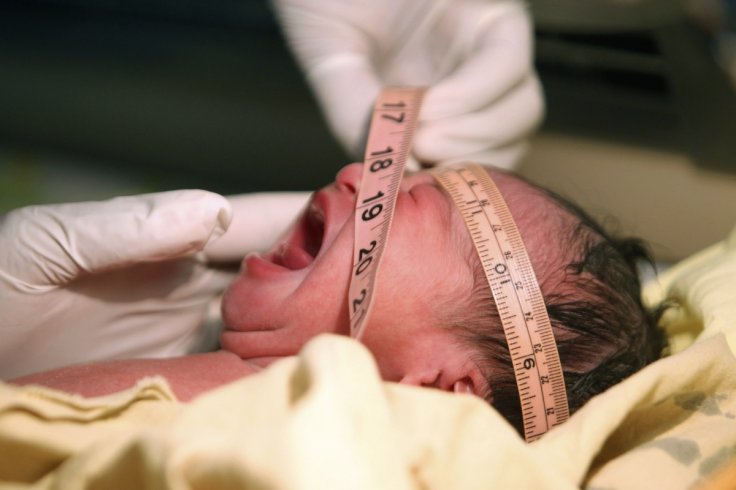
For 26-year-old Tina Gibson, it was a medical miracle as she successfully gave birth to a child from a donated embryo in Tennessee, which was frozen for 24-years. The age difference between the birth mother and the newborn is chronologically one year.
The embryo was frozen on October 14, 1992, and was used by Tina on November 25. She gave birth to a healthy baby-girl. Jeffrey Keenan, the medical director of the National Embryo Donation Center (NEDC), delivered the baby who weighed 6 pounds and 8 ounces and measured 20 inches long.
According to CNN, the parents of the new-born have named their baby, Emma Wren Gibson, whose embryo was created through IVF or In-Vitro Fertilisation process (an egg is combined with sperm outside the body).
The eastern Tennessee residents Tina and her husband Benjamin got married seven years ago. The new parents had decided to adopt a baby as Benjamin suffered from cystic fibrosis (CF), which caused infertility.
"Do you realize I'm only 25? This embryo and I could have been best friends," Tina said. "I just wanted a baby. I don't care if it's a world record or not," she further added.
While talking to Daily Mail Online Tina said that when she got to know how long the embryo had been frozen she was "really worried that it wouldn't work."
Tina also said, "I'm sure I'll get the baby fever in a year and will want to do it." On the other hand, her husband said, "Emma has siblings, there are a bunch of other embryos with her DNA...We'd love to be able to have them too."
According to reports, this is not the first adoption case from the NEDC as the medical organization has already led to 700 pregnancies since 2003.
"It is deeply moving and highly rewarding to see that embryos frozen 24-and-a-half years ago using the old, early cryopreservation techniques of slow freezing on day one of development at the pronuclear stage can result in 100 percent survival of the embryos with a 100 percent continued proper development to the day three embryo stage," said Carol Sommerfelt, the NEDC lab director.
However, the popularity of embryo adoption is rising day by day, as it is cheaper than other adoption processes. Compared to IVF success rates, an embryo adoption process can be more successful. It also helps those people who cannot conceive naturally to fulfill their dreams of having a family, reports Pacific Standard.








